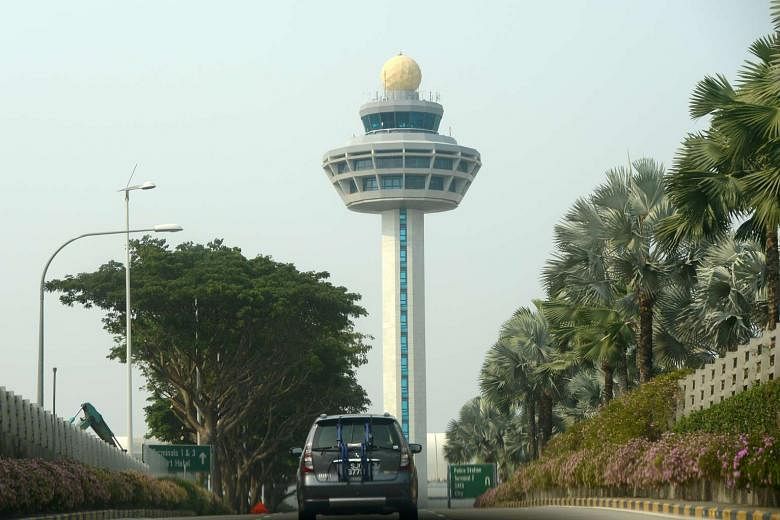Recent moves by Indonesia to reclaim parts of its airspace managed by Singapore could deal a severe blow to the competitiveness of the Republic's air hub. A drastic reduction in the air zone would have an impact on the ability of air traffic controllers to seamlessly and efficiently manage flights going in and out of Changi Airport, experts say.
That could potentially lead to flight delays and slow growth.
When air zones are divided, the need for air traffic controllers in different parts to hand over flights to each other typically leads to delays and reduces flight-handling capacity, experts warn.
Since 1946, Singapore has overseen parts of Indonesian air space in Riau - including the resort islands of Batam and Bintan. The responsibility was handed to the Republic by the United Nations' International Civil Aviation Organisation (ICAO), which regulates global commercial aviation.
The Singapore Flight Information Region (FIR) is more than 2,000 times bigger than the Republic's own air space.
Mr Abbas Ismail, course manager, aviation management and services, at Temasek Polytechnic, says: "Ongoing issues with Indonesia over air space matters need to be closely watched. A significant reduction in the air zone under Singapore's watch will have serious implications for Changi's competitiveness."
The Straits Times understands that the matter has not been officially brought to ICAO's attention.
Meanwhile, Singapore has reiterated in recent months that flight information regions are not carved on the basis of national territories. Senior Minister of State for Transport Josephine Teo told Parliament in April that the ICAO assigns FIRs based on technical and operational considerations, to ensure air traffic safety and efficiency.
Safety and efficiency are the priorities "that we should all be aligned and focused on", she had said in February, when she also made the point that "it is not unusual at all for flight information regions to cross national boundaries... In fact, Indonesia's area of coverage overlaps with Timor Leste's territorial airspace".
Indonesian President Joko Widodo first broached the airspace issue last September when he asked officials to improve their personnel and equipment, so the country can take over its airspace management. The aim is to do so in three or four years.
Karamjit Kaur

